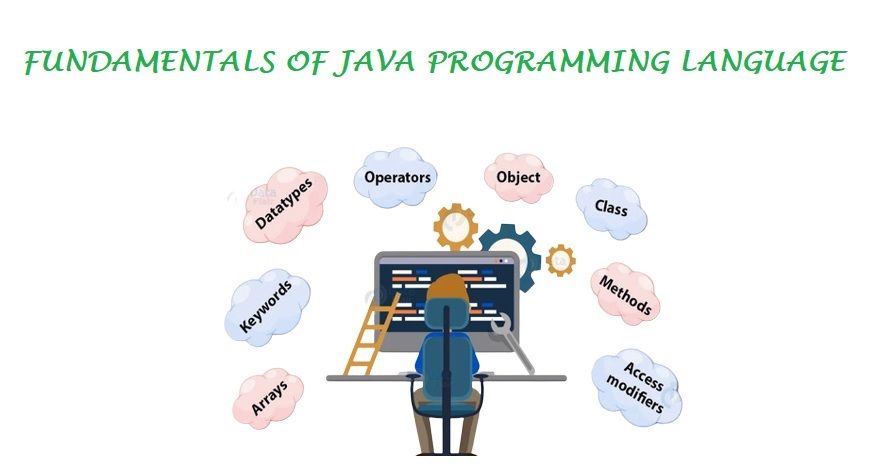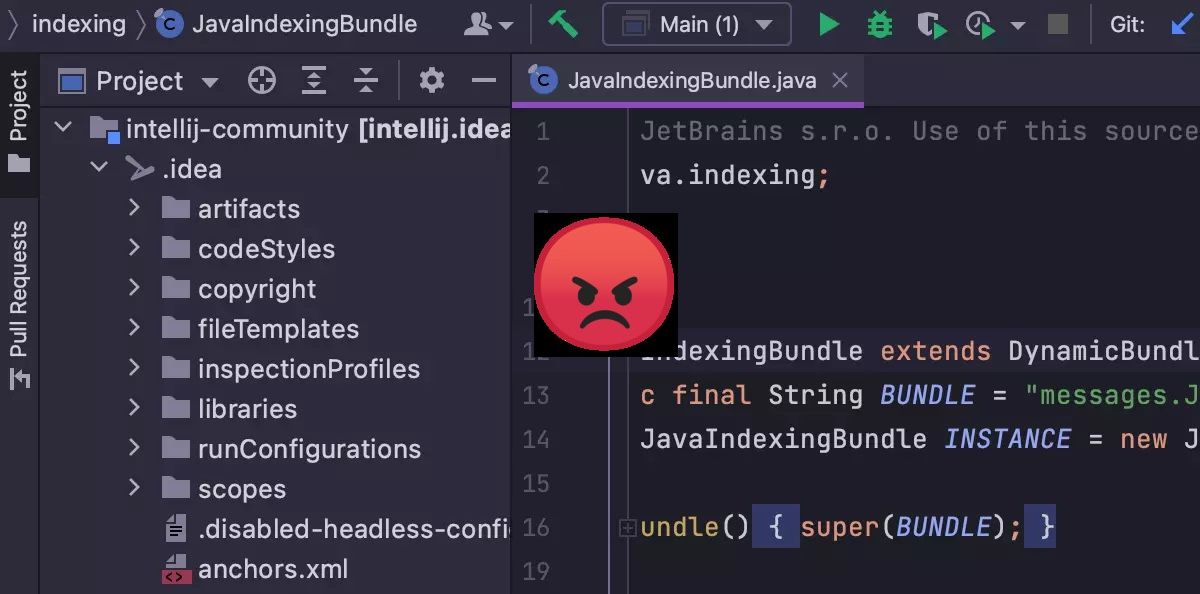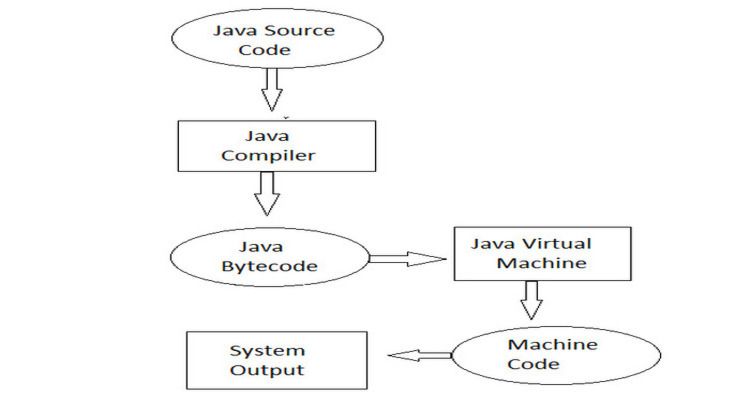Java is a widely used object-oriented programming language and software platform. It runs on billions of devices including notebook computers, mobile devices, gaming consoles, and many others.
Having such capabilities comes with a price. Java can be hard to learn, with a lengthy complicated syntax. It is statically typed, which can be less convenient. And while it’s platform independent, the rise of the cloud computing platform makes independence less of a win.
These are just a few of the reasons Java may be falling out of favor.
1. Java Is Becoming Less Popular
First and foremost, Java seems to be slipping slowly in popularity. For years, it was one of the best programming languages to learn, but it's now no longer trending. This means that, over time, developers will write fewer and fewer new applications in Java.
This trend implies that Java will eventually go away. Businesses across the world will continue to hire Java programmers to maintain legacy codebases, but that won’t last forever.
Still, if you want to focus your career on building new things, rather than maintaining existing programs, Java may not be the best choice for you.
|
Programming Language |
May 2022 |
|---|---|
|
Python |
1 |
|
C |
2 |
|
JavaScipt |
3 |
|
C++ |
4 |
|
C# |
5 |
|
Visual Basic |
6 |
|
Java |
7 |
|
Assembly Language |
8 |
|
SQL |
9 |
|
PHP |
10 |
2. Java Is Not Simple
Java may be easy to learn, but it's not simple. The language is easy to learn because Java code is straightforward to write, organize, and compile. But it's not simple because code written in Java tends to be more verbose and more tedious to write.
You also have to compile it, which makes Java much less convenient than languages like Python. So, if you're a novice learning to code for the first time, Java is not a good language to start with.
If you're a professional who wants to churn out simple, elegant code and deploy it quickly, Java is also not the ideal choice.
3. Getters and Setters
Getters and setters are almost a mandatory part of using a language and many frameworks encourage their use. Java’s getters and setters can be unnecessarily verbose, though.
Managing code decorated with Java getters and setters is hell and complicated. The lack of a meaningful solution to the problem of getters and setters is just the tip of the iceberg.
public class Vehicle {
private String color;
// Getter
public String getColor() {
return color;
}
// Setter
public void setColor(String c) {
this.color = c;
}
}
4. No Syntactic Icing
You are operating on a collection. You want the first item. What are you doing? Of course, you call the method instead of using the common [] operator. All because you cannot overload operators.
For virtually every operation, you must use a wordy method name even if a single-character operator would do.
Java supports the concept; the language lets you concatenate strings with the + operator, for example. It just doesn’t let you, the programmer, do the same.
5. Declaring the Exceptions a Method May Throw
Java requires you to declare the exceptions that a method may throw. It seems useful, doesn’t it? By using a given method, you know what to expect.
The problem is that the code is a living organism, and it happens that the method you are using starts throwing more exceptions. What will happen then? Well, your code just stopped compiling.
You must handle the situation or add an exception to the throws list. Let’s assume that the API you are using does not change. There is such a thing as RuntimeException in Java. If your method can throw this exception or one of its descendants, you need to declare it.
Java’s exceptions can bring a lot of code maintenance problems.
// Java program that demonstrates the use of throw
class ThrowExcep
{
static void fun()
{
try
{
throw new NullPointerException("demo");
}
catch (NullPointerException e)
{
System.out.println("Caught inside fun().");
throw e; // rethrowing the exception
}
}
public static void main(String args[])
{
try
{
fun();
}
catch (NullPointerException e)
{
System.out.println("Caught in main.");
}
}
}
6. Complicated IDEs
Java programmers often use an IDE like Eclipse or IntelliJ. These IDEs are powerful, but they’re complex to interact with, especially for a beginner or an intermediate developer. You’ll need to put a lot of effort into learning your IDE inside and out for it to be more productive and less painful for you.
7. Platform Independence Is Less Important in 2022
The fact that Java is very platform-independent arguably matters less today than it did 10 or 20 years ago.
The reason why is that we live in a software-defined world. Today, virtual machines, containers, and cloud services make it easy to run an application wherever you want, without worrying about the underlying environment.
In other words, you don't have to change your code to make your app work where you need it to work. You can change the hosting environment instead.
This isn't to say that application portability no longer matters. It's just not as critical as it used to be, and that makes Java a bit less important by extension.
8. Static Typing
Java performs type checking during compile time. This means that you must declare the type of each variable at compile time. It’s the same with languages like C and C++, but other languages, such as Scala and Haskell, offer some form of type inference.
With static typing, variables generally are not allowed to change types. This makes Java syntax a bit complicated especially when writing code for a big project.
Many programmers prefer dynamic programming where type checking occurs at runtime. This means that the type of a variable can change over its lifetime.
Learn New Programming Languages
It’s not that Java isn’t good for anything, but its syntax is clunky and not conducive to reading code. Java’s dependency management allows for abuse and leads to hard-to-detect bugs.
Technology keeps on changing and, as a developer, it is always useful to be up-to-date with emerging programming languages. What’s in fashion today may soon be yesterday’s news.




